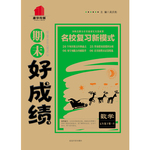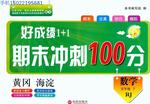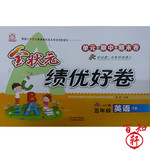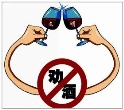题目内容
She is working hard all day long,which will surely________ her success in her future work.
A.result from B.contribute to
C.benefit from D.stick to
练习册系列答案
 期末好成绩系列答案
期末好成绩系列答案 99加1领先期末特训卷系列答案
99加1领先期末特训卷系列答案 百强名校期末冲刺100分系列答案
百强名校期末冲刺100分系列答案 好成绩1加1期末冲刺100分系列答案
好成绩1加1期末冲刺100分系列答案 金状元绩优好卷系列答案
金状元绩优好卷系列答案
相关题目



 ctor knows that medicine is not always needed. Sometimes all a sick person needs is some reassurance that all will be well. In such cases the doctor may prescribe a placebo.
ctor knows that medicine is not always needed. Sometimes all a sick person needs is some reassurance that all will be well. In such cases the doctor may prescribe a placebo.